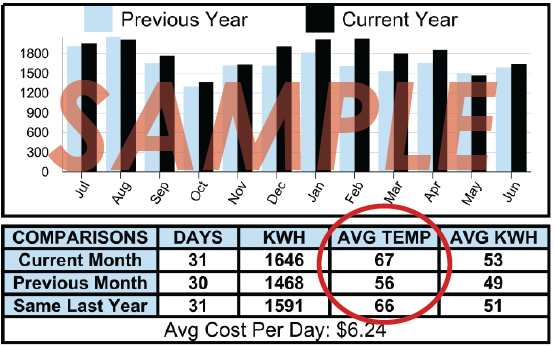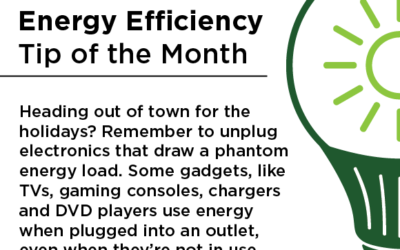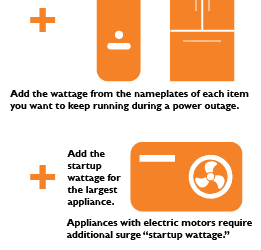
Did you know that a big chunk of your electric bill goes towards keeping your home comfortable? Heating in the winter and cooling in the summer can significantly impact your energy consumption.
The Temperature Tango
When the mercury soars or plummets, the HVAC system works overtime to maintain your desired indoor temperature. This extra effort can lead to a noticeable increase in your electric bill.
Here’s the golden rule: The closer the thermostat setting is to the outdoor temperature, the less energy your system will use.
- Summertime Savings: Aim for a higher indoor temperature. This will reduce the strain on your air conditioner. When you’re away from home, consider raising the thermostat a few degrees. When you’re home, set it to a comfortable level that also helps control humidity.
- Wintertime Wisdom: Lowering the thermostat can save energy. Aim for around 68°F to 70°F when you’re awake and lower it while you’re asleep or away. Remember, the longer your home stays at a lower temperature, the more energy you’ll save.
A Note About Heat Pumps
If you have a heat pump, programmable thermostats aren’t always the best choice. In cooling mode, a heat pump acts like an air conditioner, so raising the thermostat can save energy. However, when it’s heating, adjusting the thermostat up and down can decrease efficiency. For heat pumps, maintaining a steady, moderate temperature is generally the most cost-effective approach.
Understanding Your Bill
To help you track energy usage, we include the average monthly temperature on your electric bill. This allows you to compare the current month’s temperature to the previous month and the same month last year which can show how weather impacts your energy consumption.
By understanding how temperature affects your electric bill, you can make informed decisions to reduce energy consumption and save money.
OTHER NEWS
Energy Efficiency tip of the month
Heading out of town for the holidays? Remember to unplug electronics that draw a phantom energy load. Some gadgets, like TVs, gaming consoles, chargers and DVD players use energy when plugged into an outlet, even when they’re not in use. Source: energy.gov ...
What you need to know about space heaters
Space heaters can be an alternative source of heat for those who want to warm one small area but be wary of their fire risk and lack of energy efficiency. Space heaters are responsible for 43 percent of home heating fires, according to the National Fire Protection...
What size of generator do I need?
Having a backup generator on hand can help ease the disruption brought on by a power outage. But where to begin? Start with the end in mind. When selecting a backup generator, determine what you want to keep running during an outage. This impacts how large (output...


